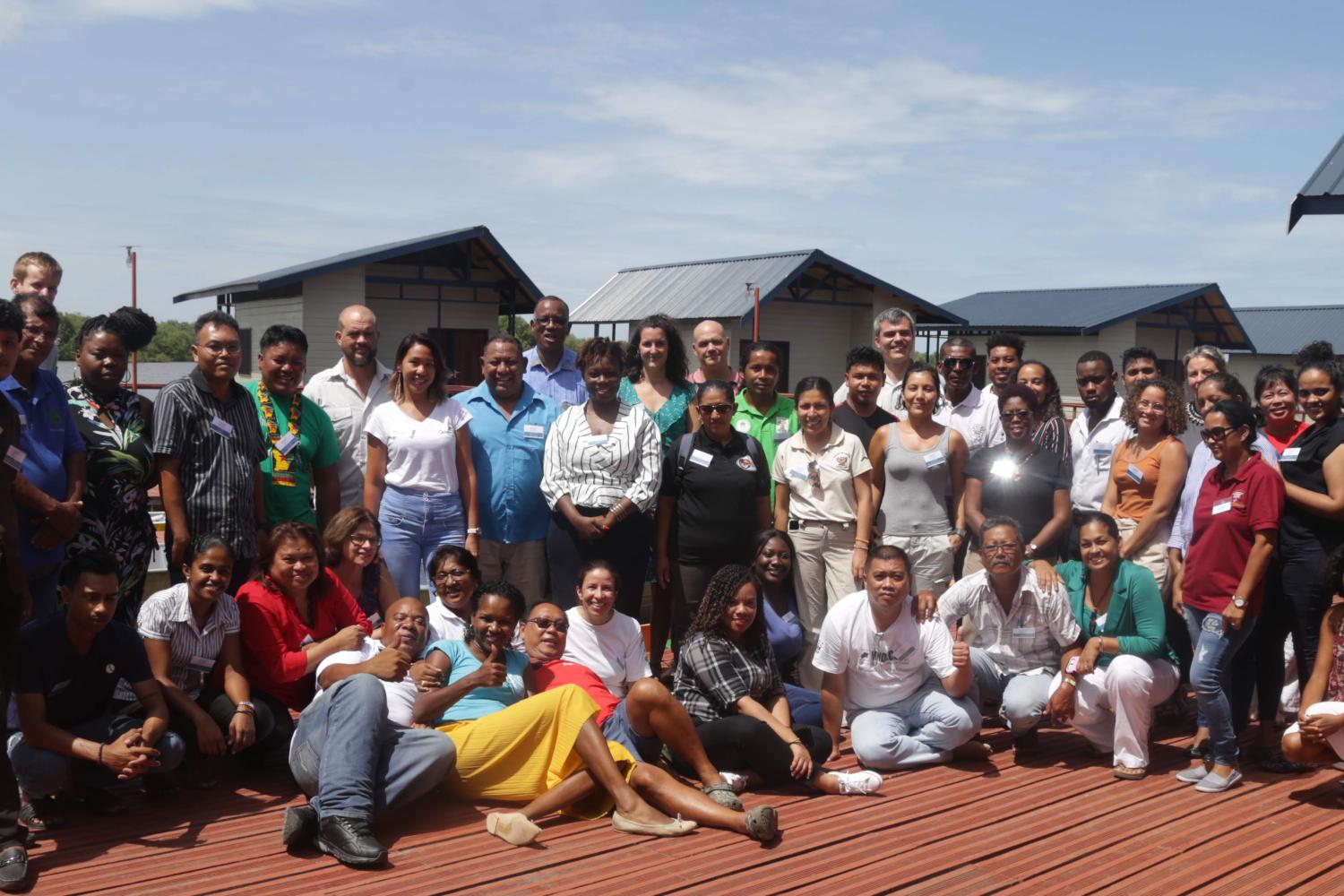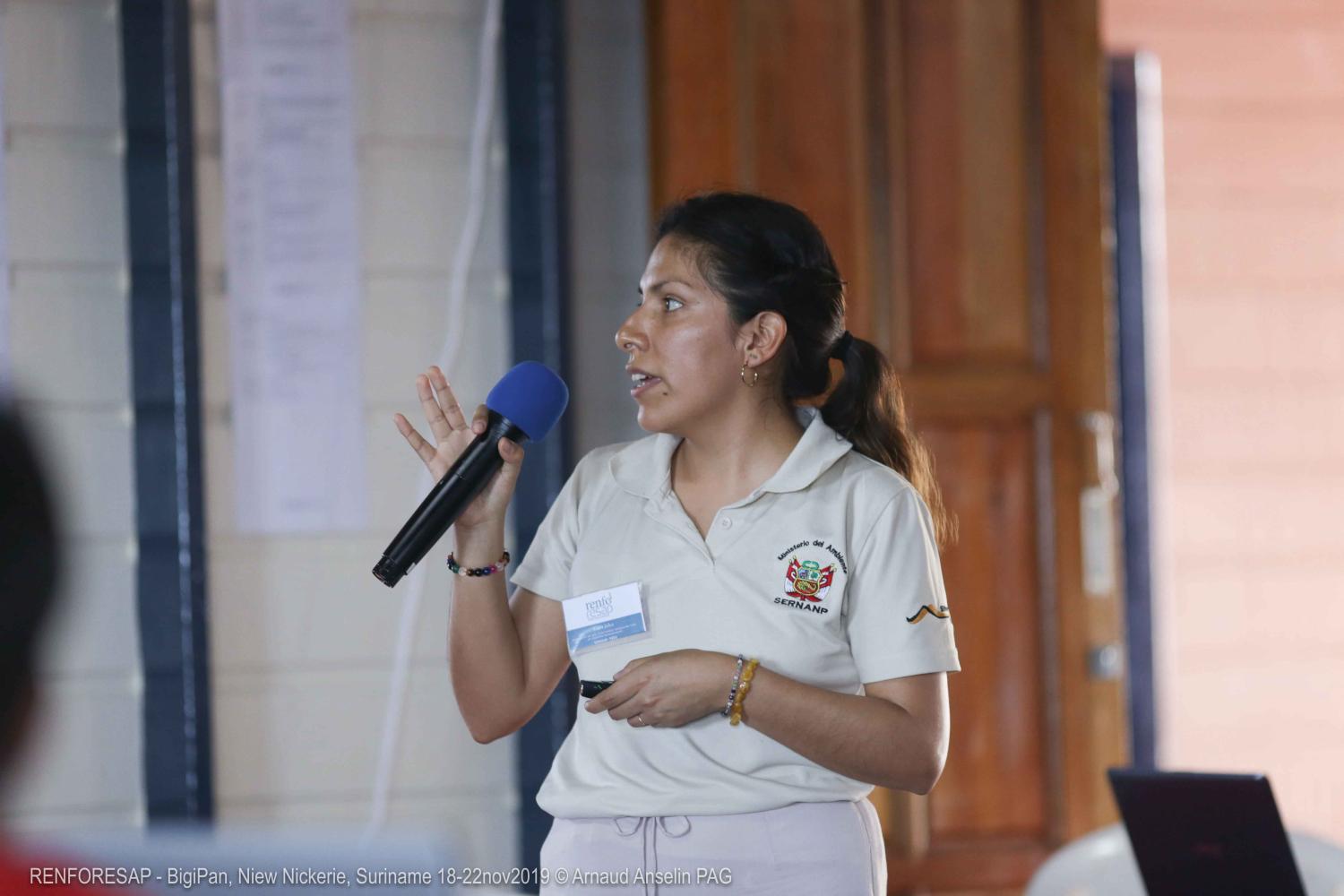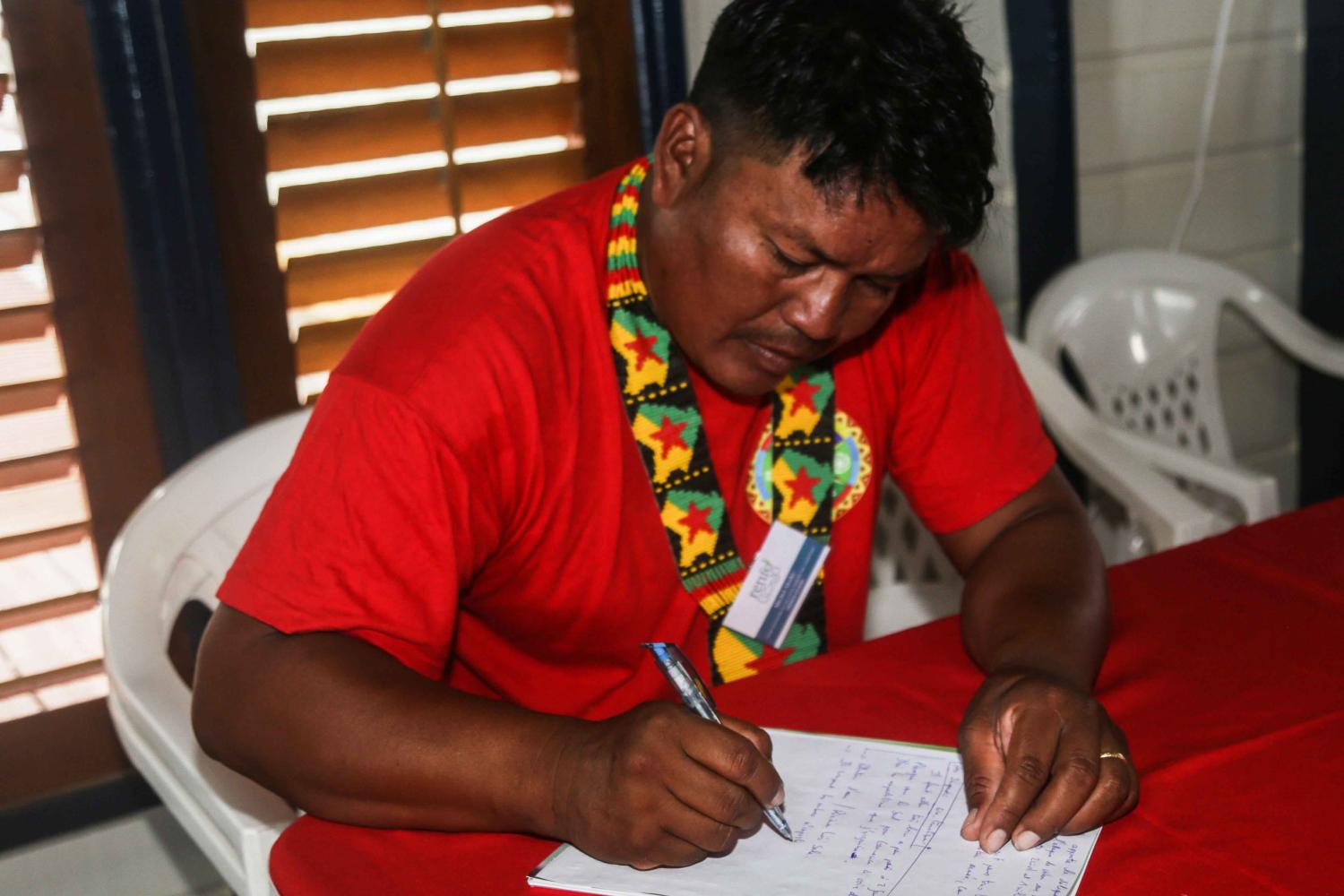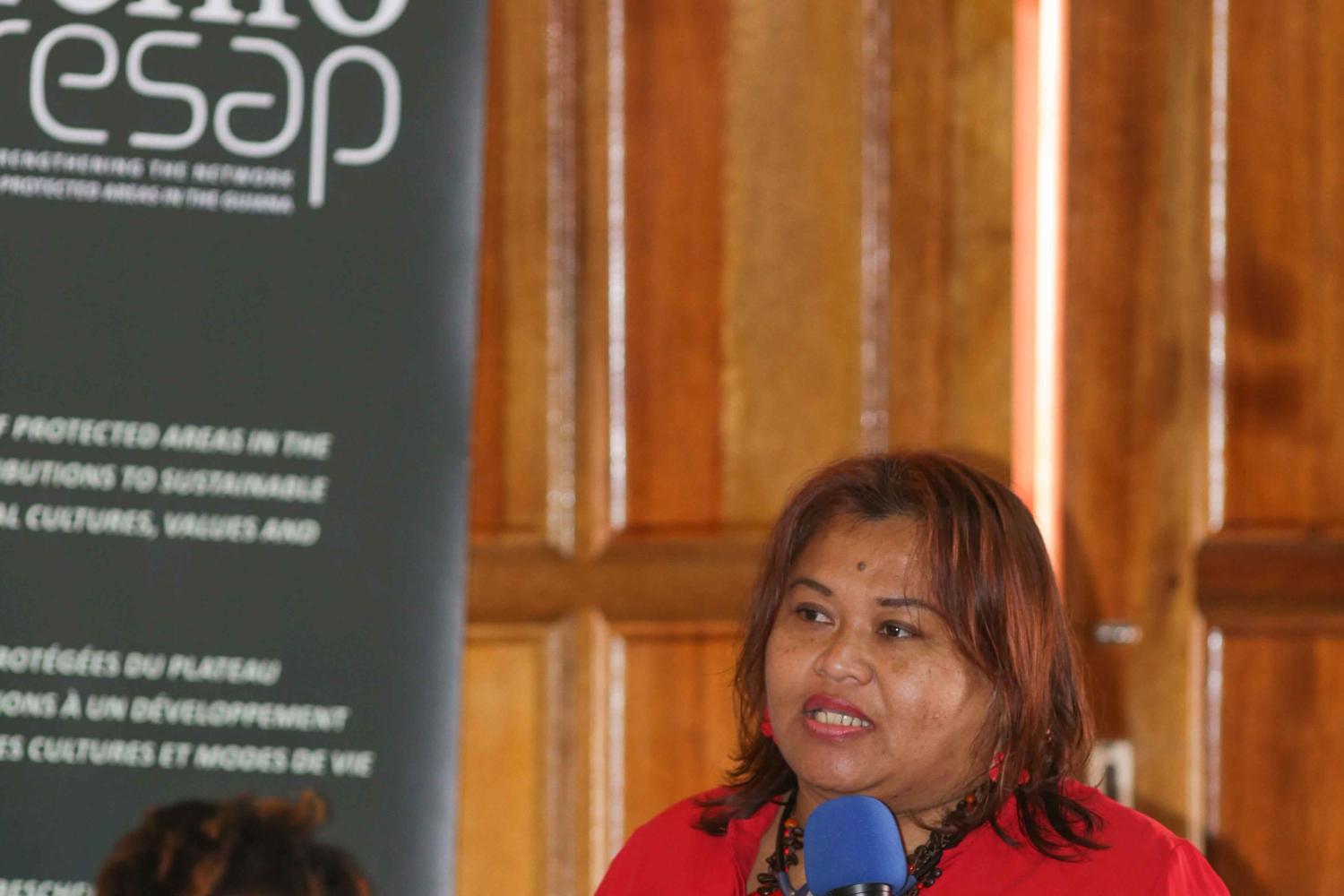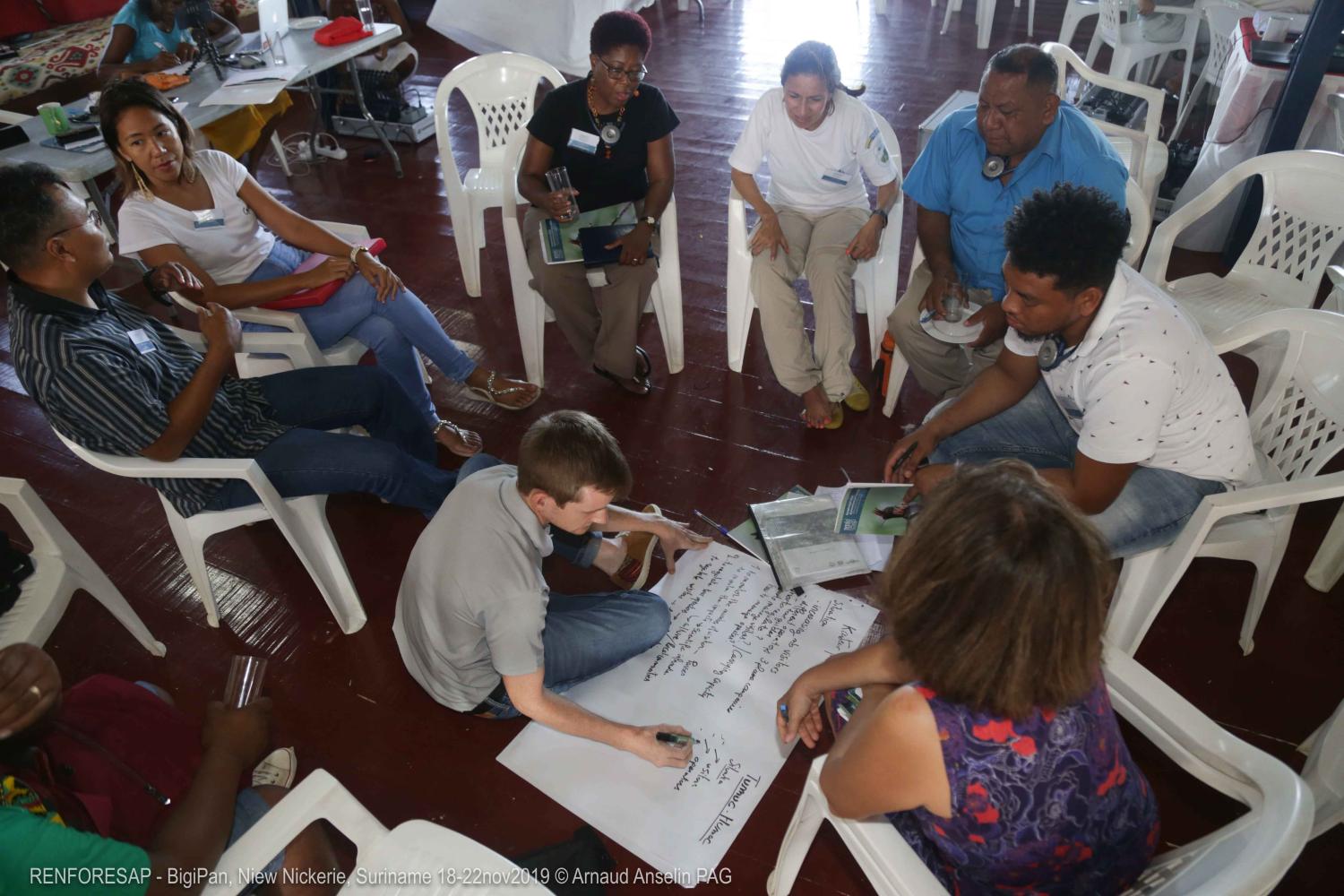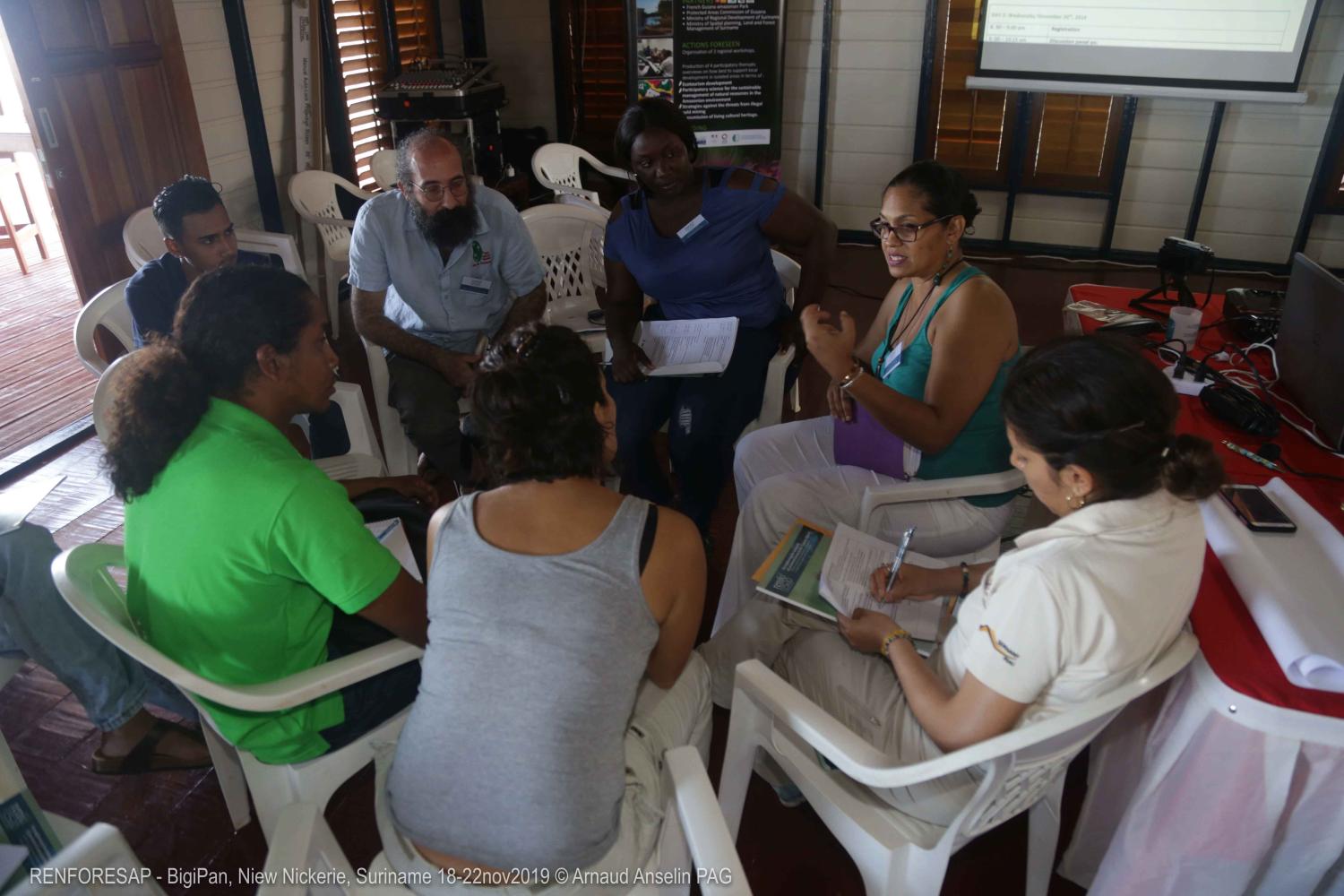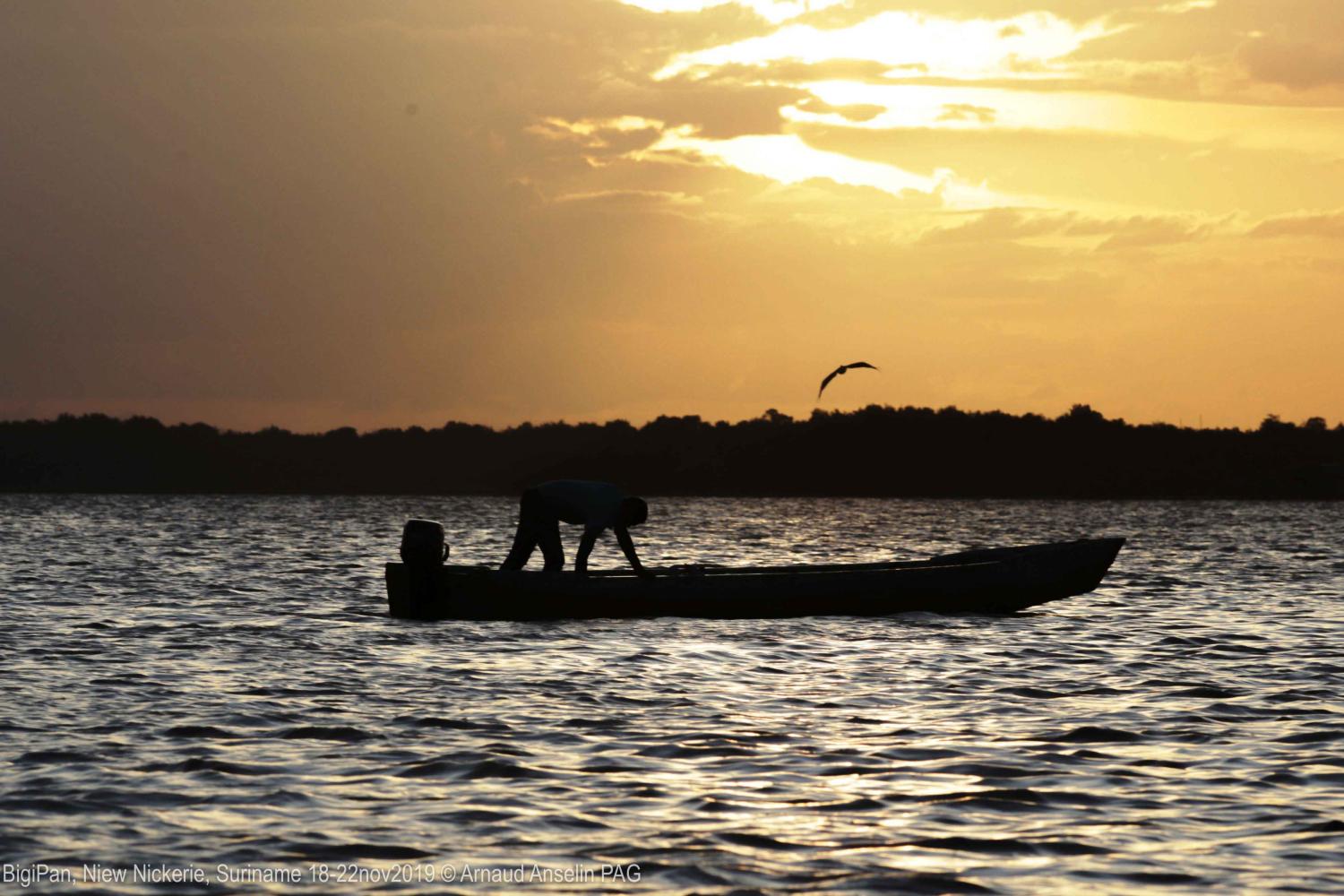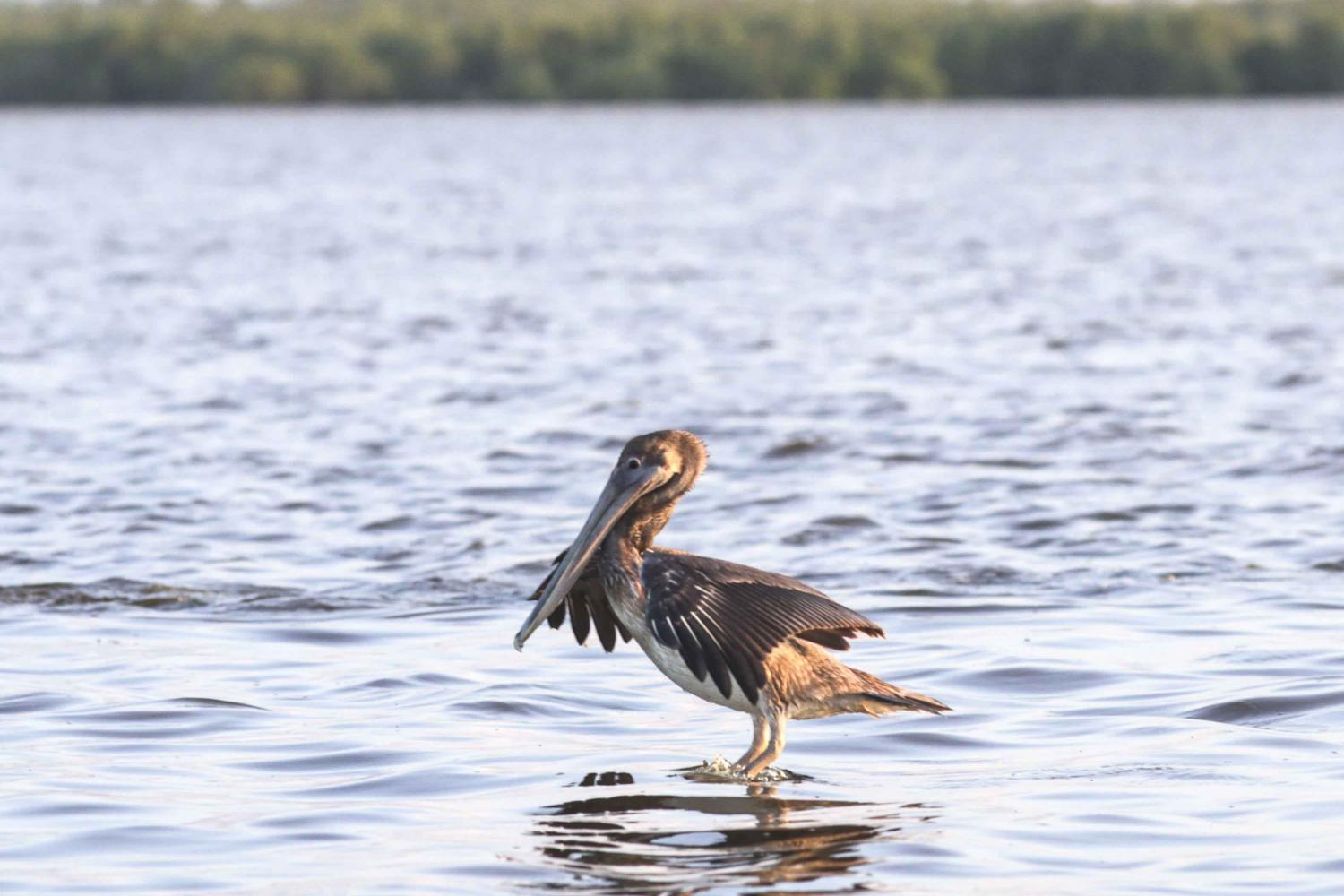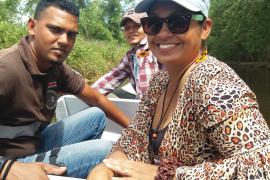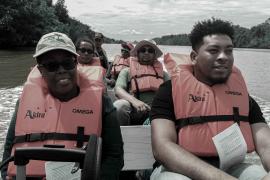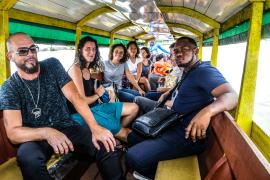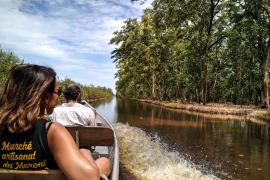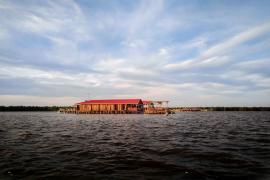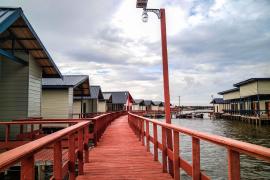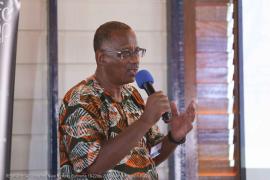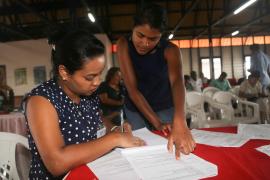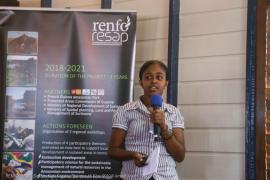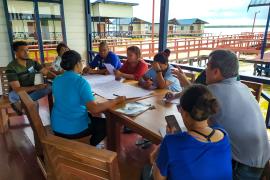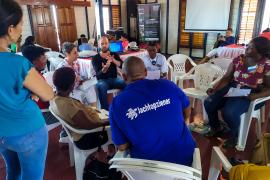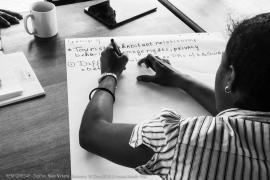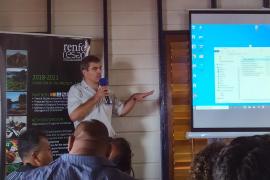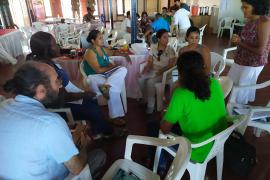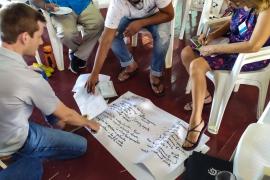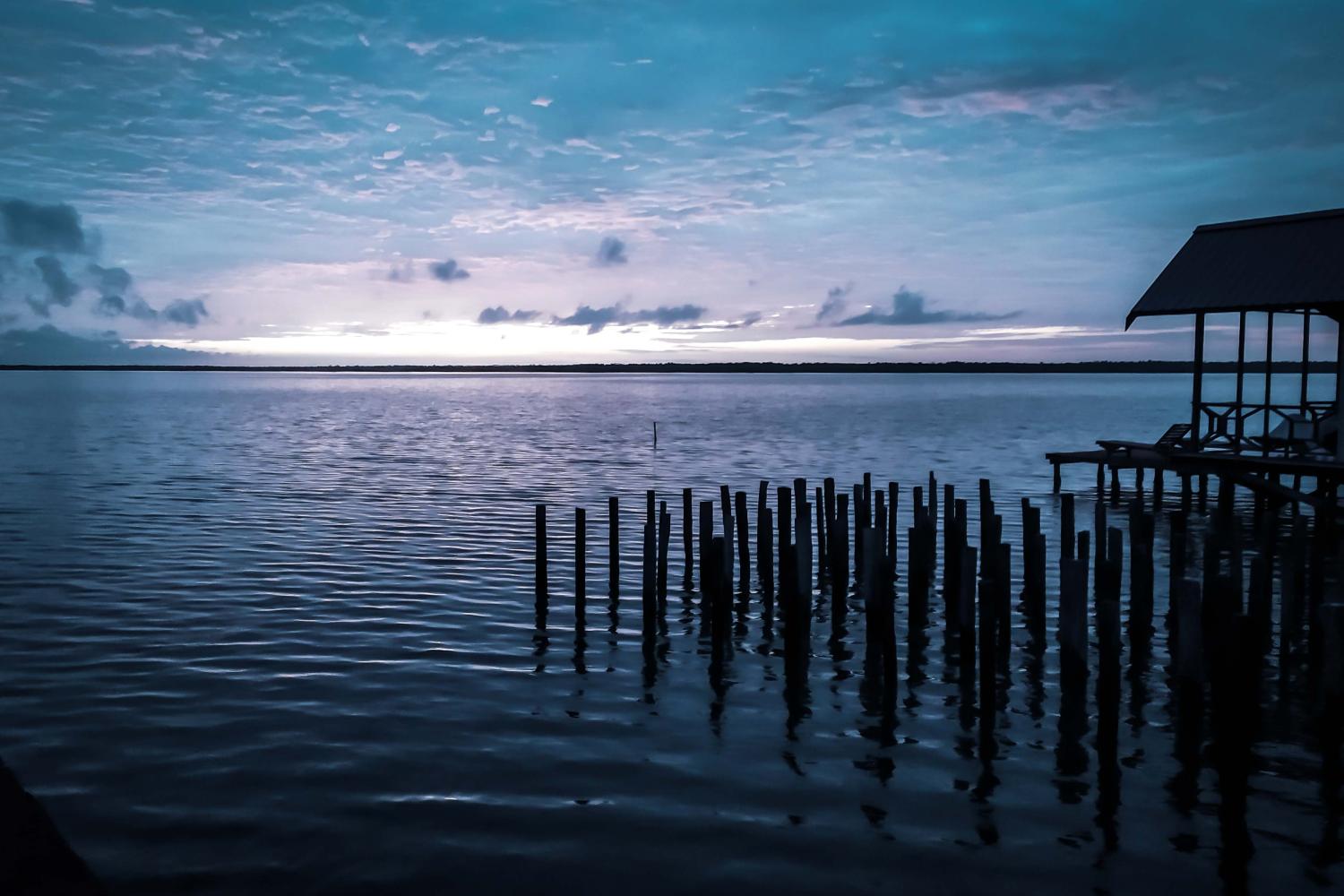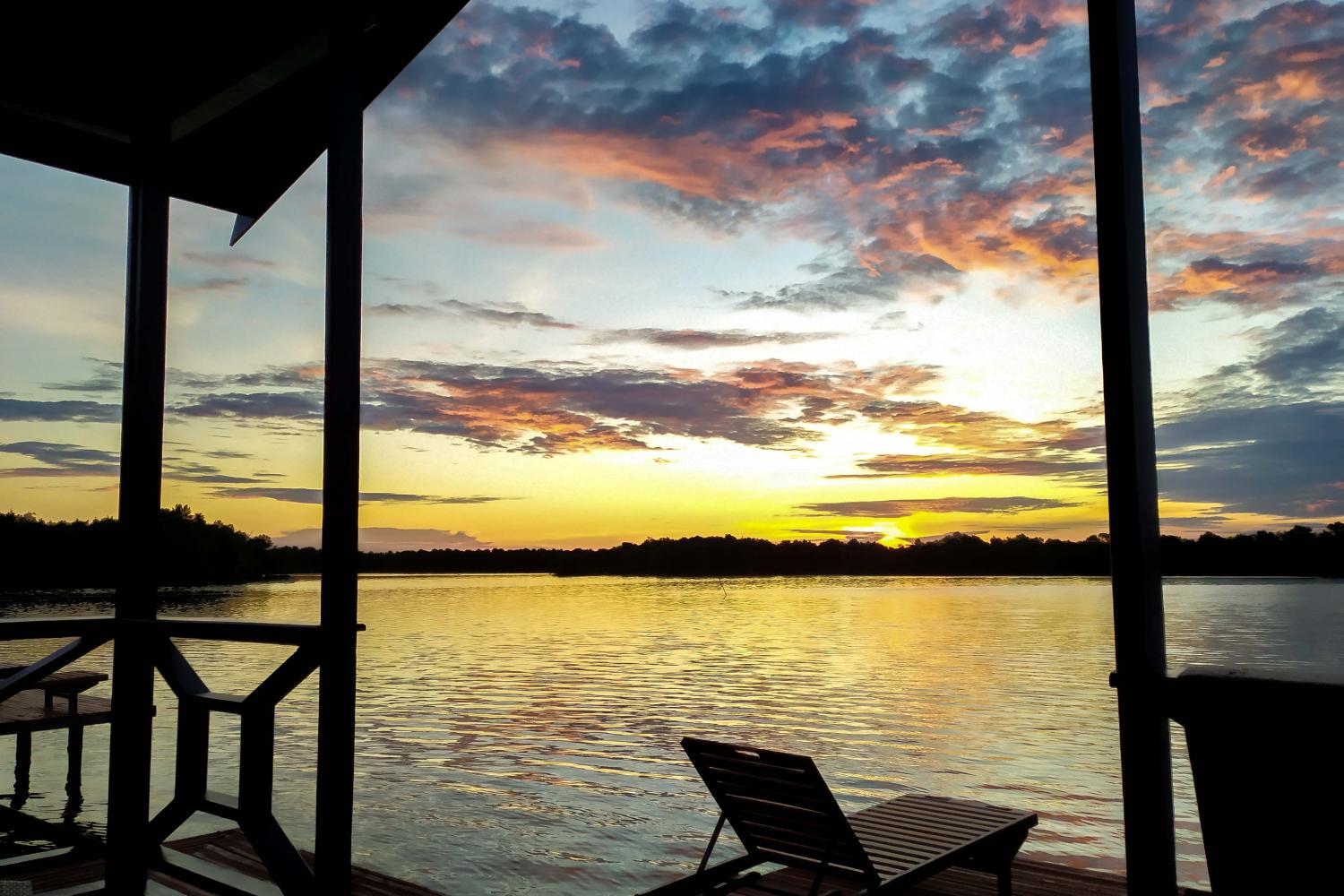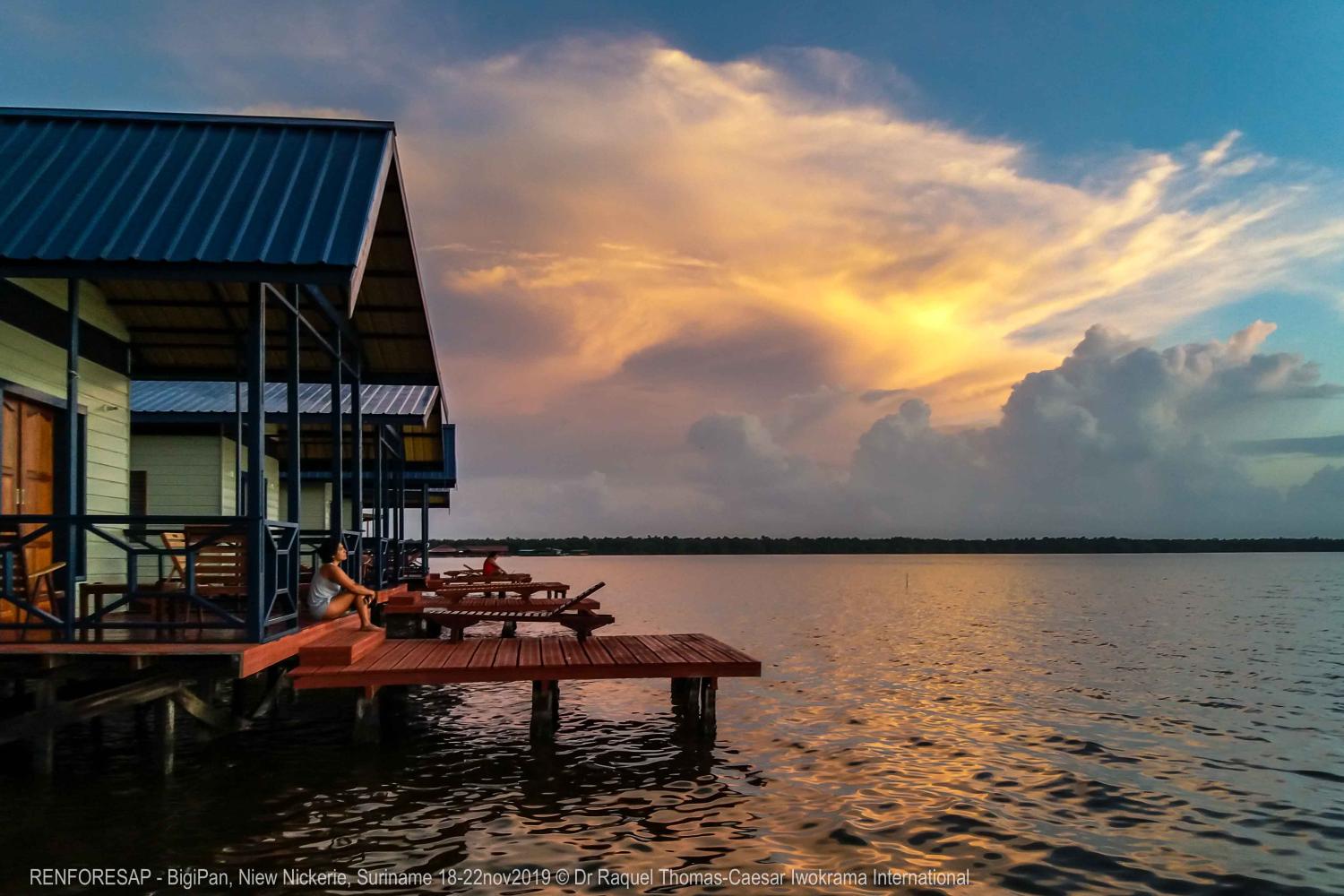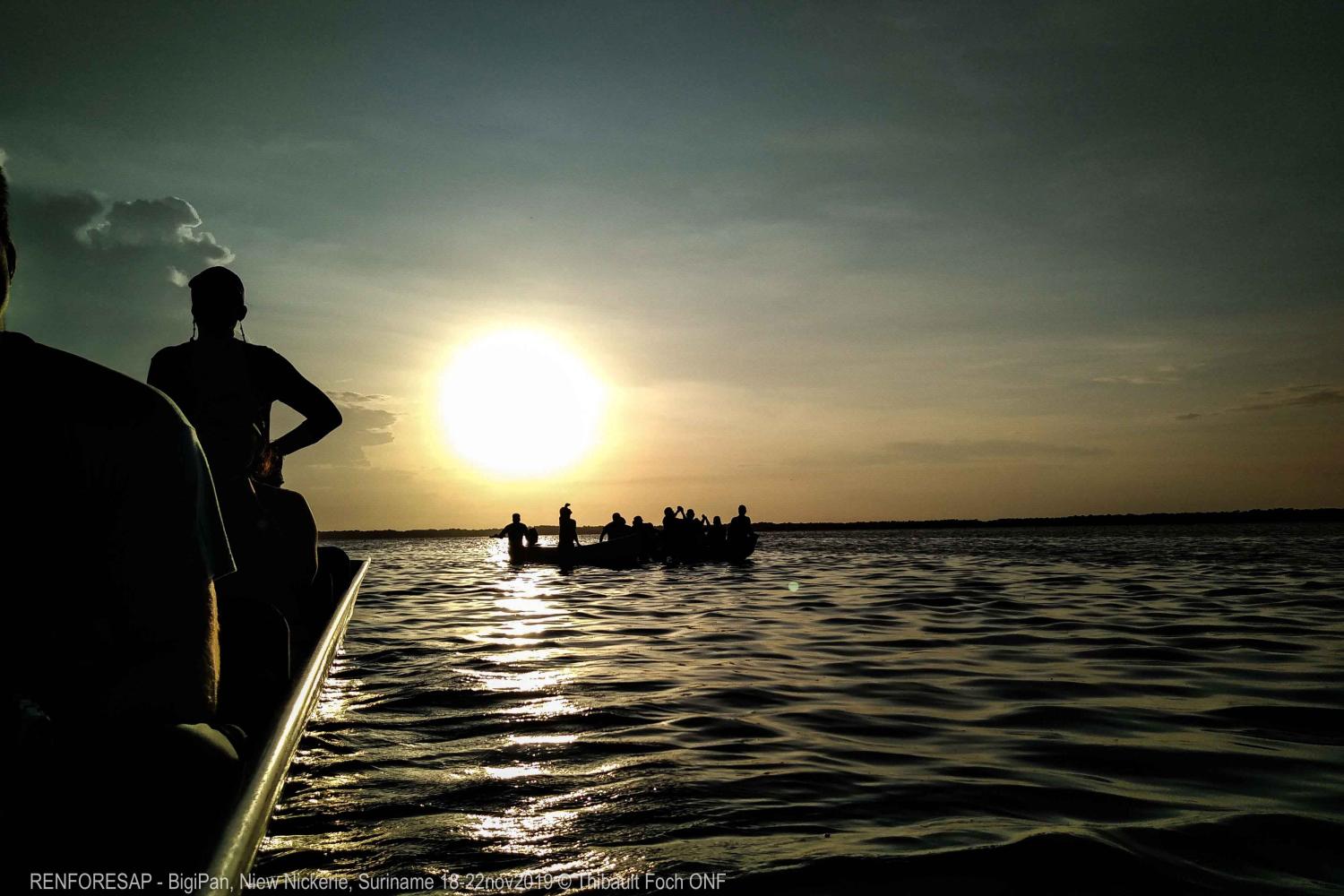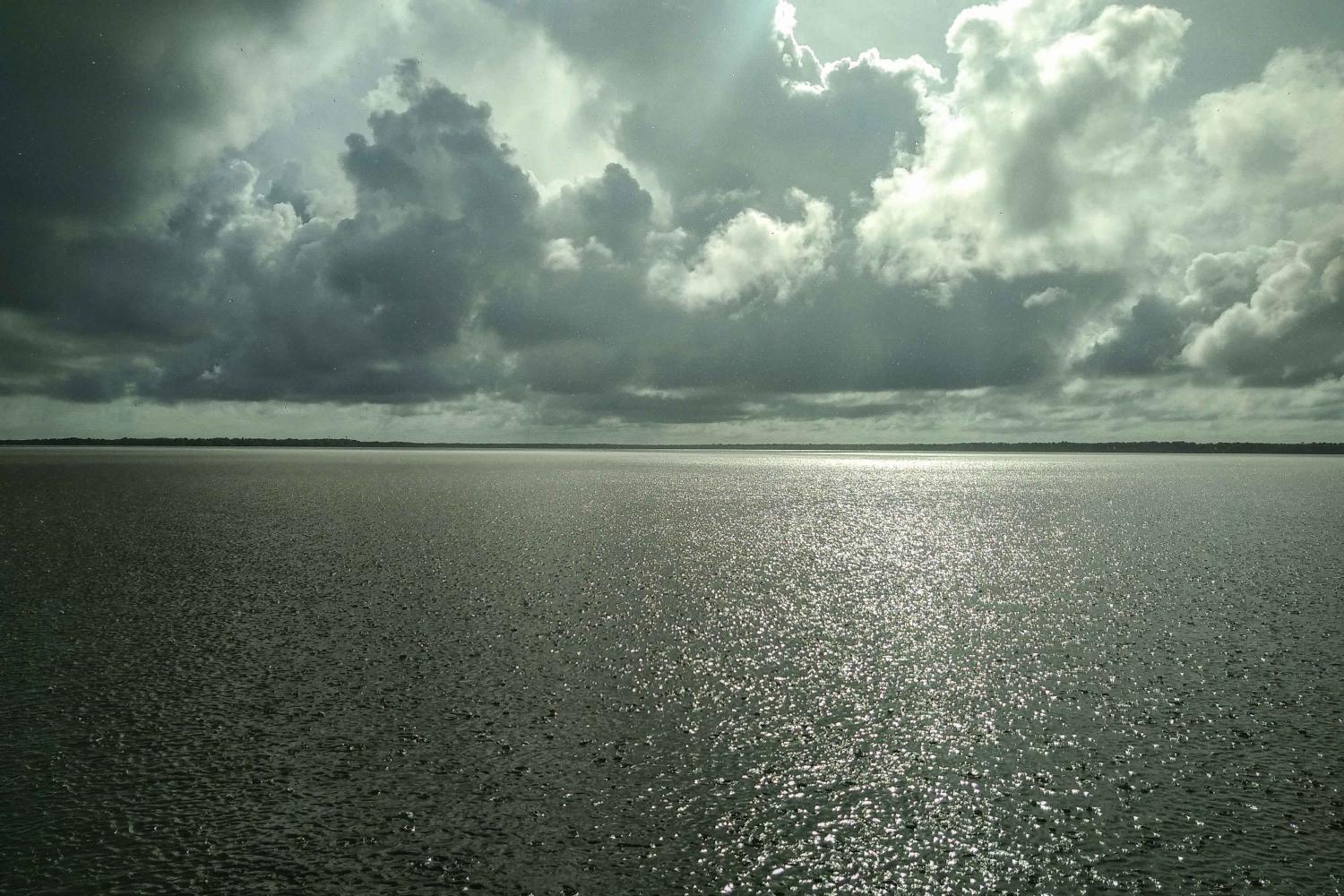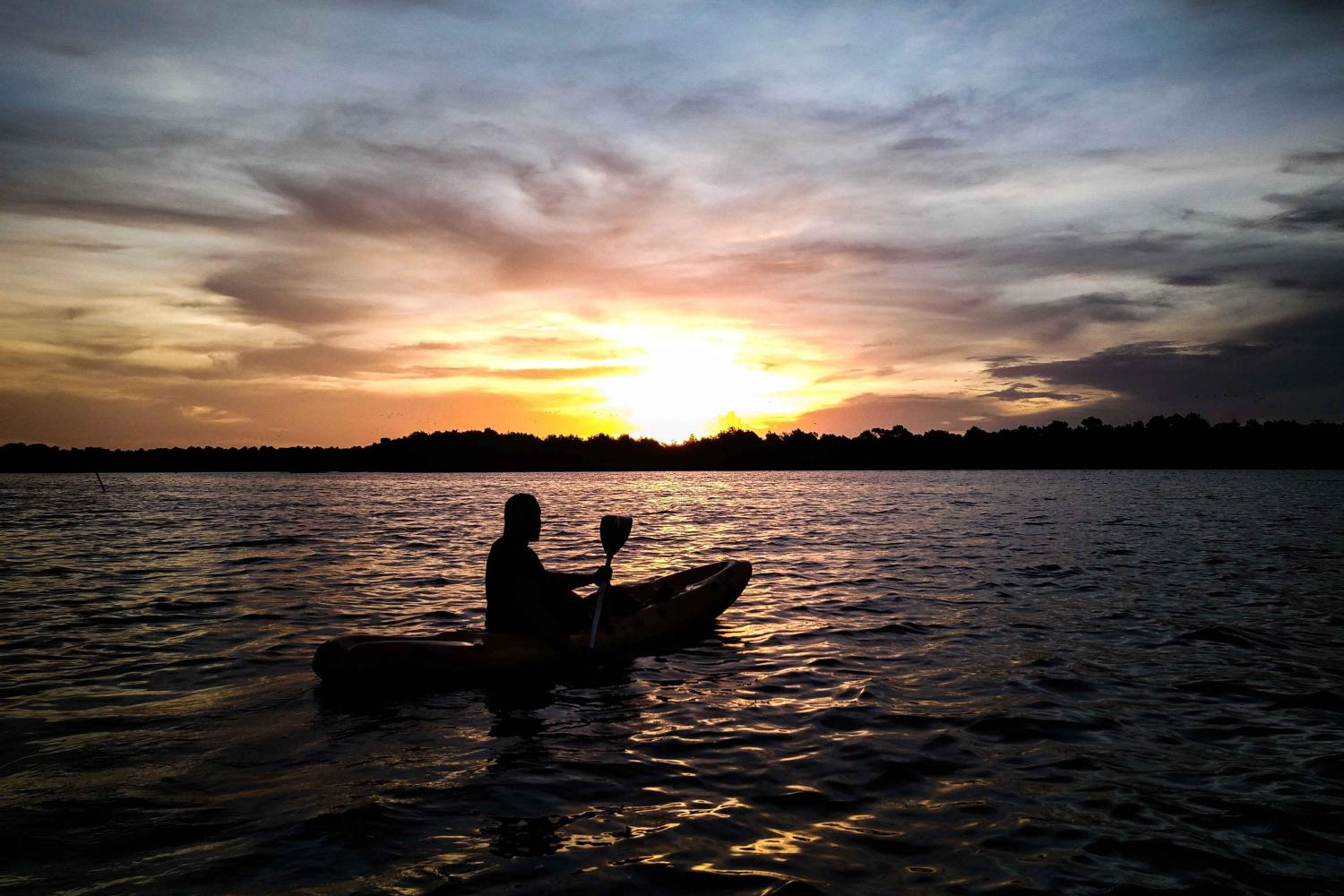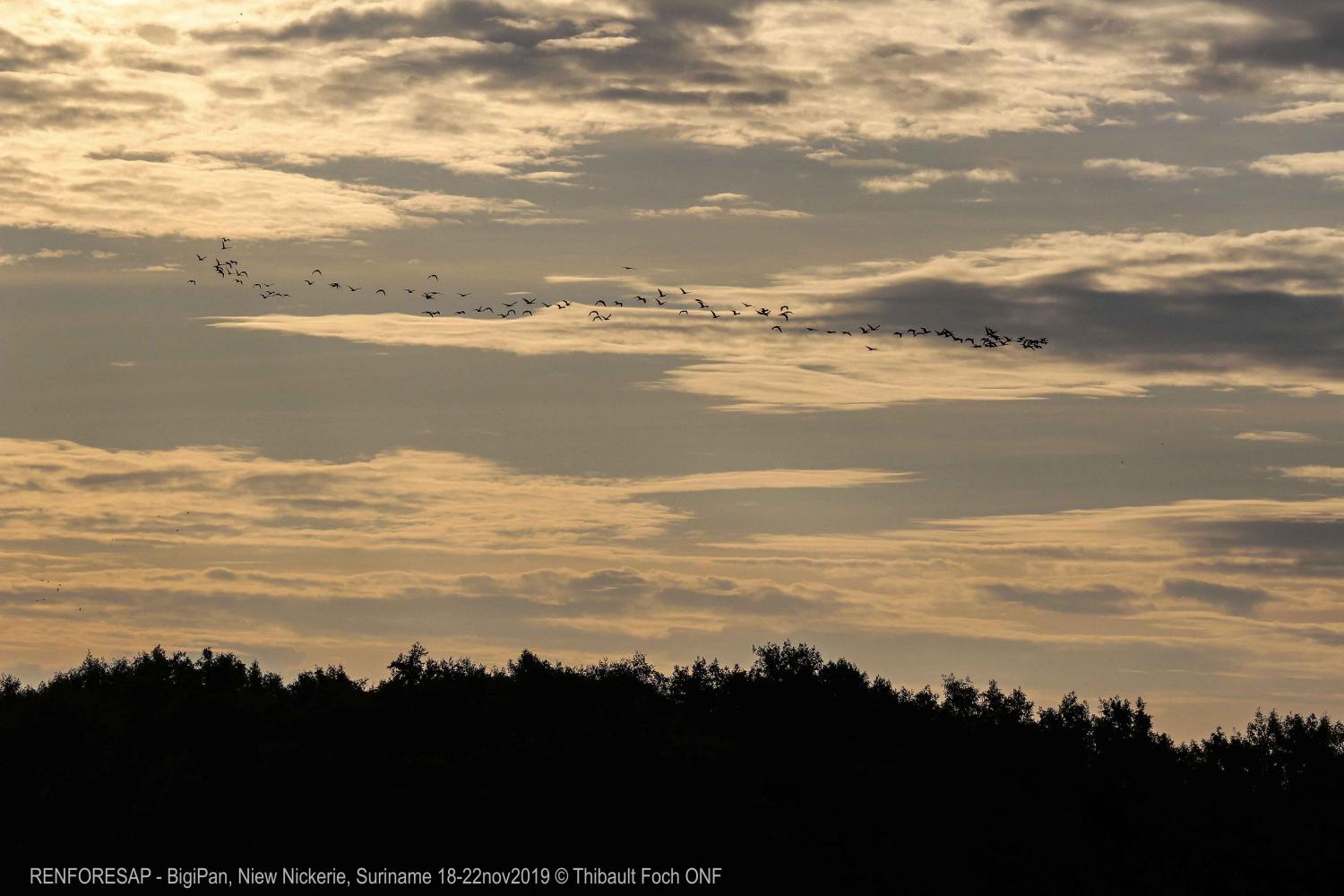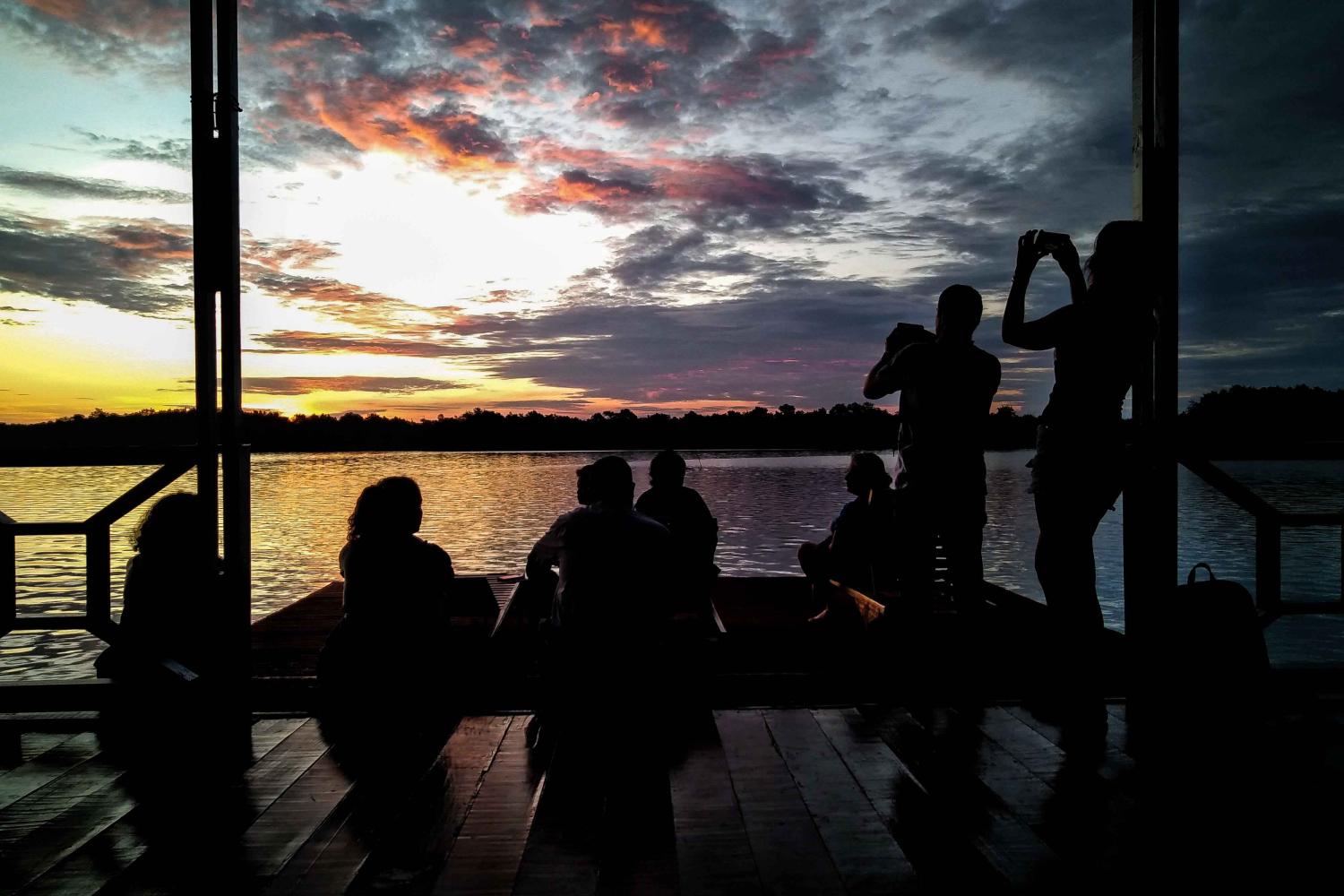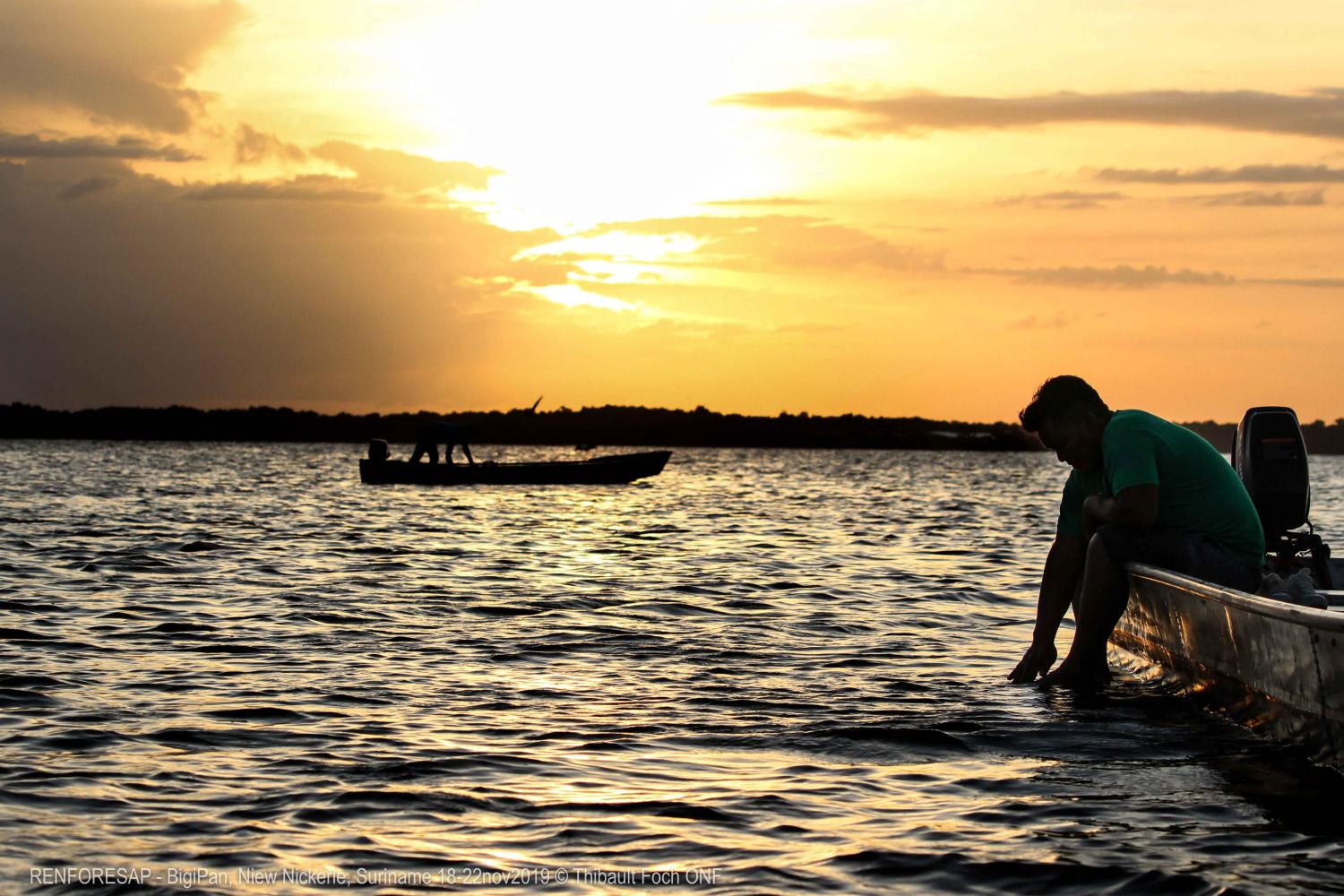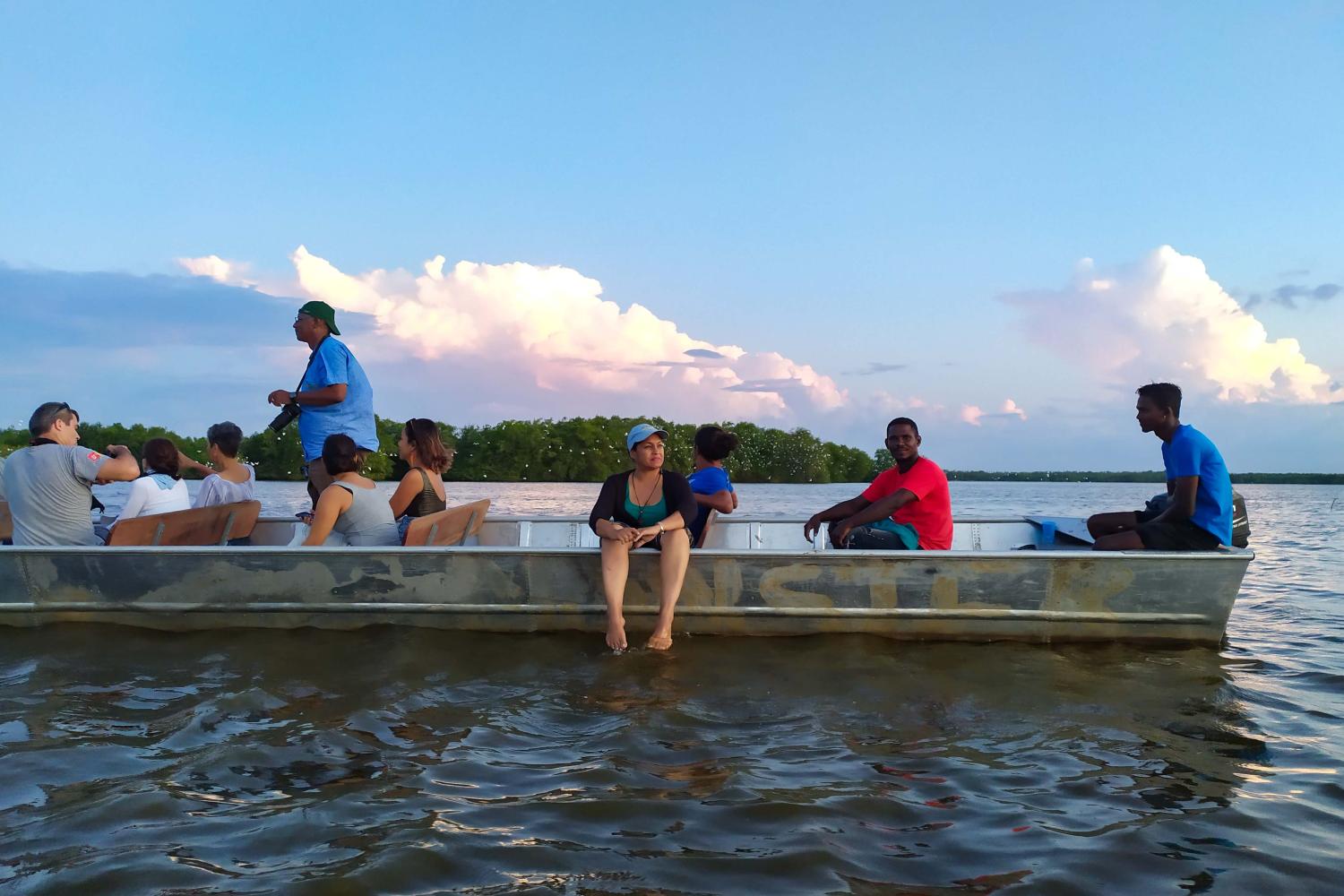2ème atelier du programme RENFORESAP sur le développement de l'écotourisme dans les aires protégées des Guyanes.
RENFORESAP’s 2nd regional workshop on ecotourism development in the protected areas of the Guianas.
It was on the amazing Bigi Pan site, in Niew Nickerie, that the 2nd regional workshop was held gathering the network of protected areas of the Guianas from 19 to 22 of November 2019.
55 participants originaires du Guyana, du Suriname, du Pérou, de la Colombie et de la Guyane ont partagé leur expérience sur l’écotourisme dans les espaces naturels protégés. Impliqués sur leurs territoires respectifs ou experts dans la thématique, ils étaient issus des secteurs public et privé, d’associations ou d’ONG et également des communautés locales. Les échanges, concrets, ont permis de déceler les forces, les faiblesses, les opportunités et les menaces liées au développement de l’écotourisme dans les espaces protégées.
Une méthodologie participative
3 jours pour échanger et consolider le réseau à travers une méthodologie participative où le cadre fut posé dès le 1er jour, avec une présentation du diagnostic territorial des 3 Guyanes.
Les sessions de travail ont ensuite permis de préciser les différentes problématiques auxquelles sont confrontées chaque territoire et les discussions de groupes ont permis d’identifier des potentielles pistes de collaboration. Les paysages remarquables, l’intérêt faunistique et l’enclavement de Bigi Pan ont favorisé des échanges de qualités.
55 participants from Guyana, Suriname, Peru, Colombia and French Guiana shared their experience in ecotourism in natural protected areas. Involved in their respective territories or experts in the field, they were from the public and private sectors, associations of NGOs and also from local communities. The concrete exchanges revealed the strengths, weaknesses, opportunities and threats related to the development of ecotourism in protected areas.
Participatory methodology
3 days to exchange and reinforce the network through a participatory methodology where the framework was laid from the first day, with a presentation of each country’s perspectives from the 3 Guianas.
The working sessions helped define the different issues faced by each territory, and the group discussions helped identify the various opportunities for collaboration. The remarkable landscapes, the faunistic interest and the isolation of Bigi Pan nurtured the high quality of those exchanges.
In order to meet the objectives of this 2nd Regional Workshop in Suriname, case studies and practices were presented from the 5 participating countries and 3 discussion groups were developed. On the agenda: community ecotourism, challenges related to the isolation of the territories and opportunities of partnerships and networking. These groups were able to carry out a common discussion while having full knowledge of the legislative and organisational constraints of the countries. Three discussion panels also completed the agenda on the need for continuous training and professionalisation of tourism stakeholders in protected areas, on the impacts of legal and illegal activities, on the exploration of other forms of tourism in and around the protected areas of the Guiana Shield, on the development of innovative forms of eco-tourism, as well as opportunities for collaboration.
What all the participants agreed on? Ecotourism in protected areas can only be done with local populations.
Afin de répondre à l'objectif de ce 2ème atelier régional RENFORESAP au Suriname, des présentations de cas pratiques des 5 pays participants et 3 groupes de discussion se sont formés. Au programme des échanges : l’écotourisme communautaire, les défis liés à l’enclavement des territoires et les opportunités de partenariats et de réseautage. Ces groupes ont pu mener une réflexion commune et en toute connaissance des contraintes législatives et organisationnelles des pays du réseau. Trois panels de discussion ont également complété l’agenda sur la nécessité de formation en continue et de professionnalisation des acteurs du tourisme dans les aires protégées, sur les impacts des activités légales et illégales, sur l’exploration des autres formes touristiques à proximité et dans les aires protégées du plateau des Guyanes, sur le développement de forme innovantes d’éco-tourisme, ainsi que sur les opportunités de partenariats et de travail en réseau.
Ce qui a fait l’unanimité auprès des participants ? L’écotourisme dans les aires protégées ne peut se faire qu’avec les populations locales

